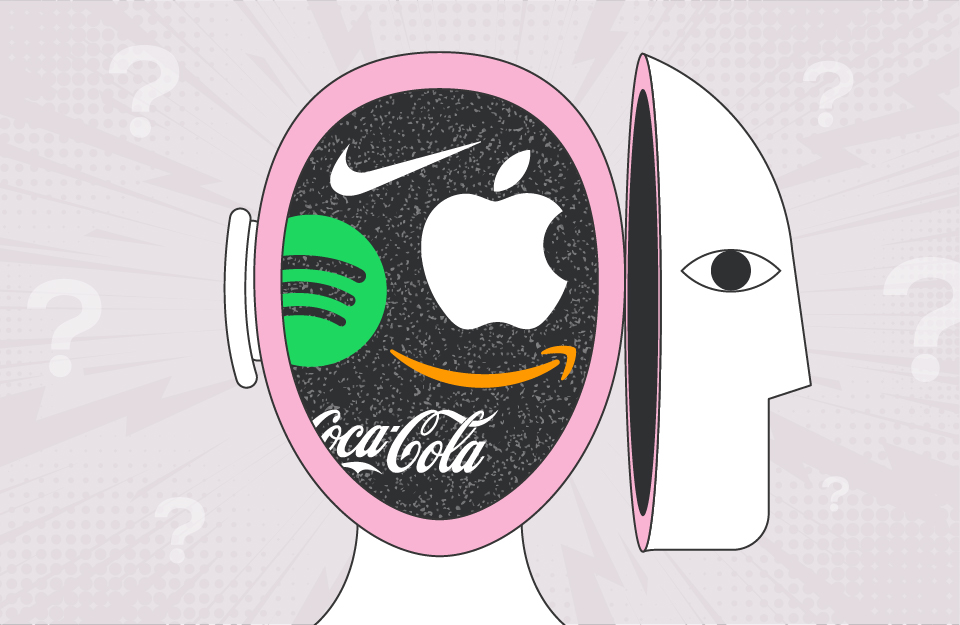Facebook just held their annual F8 developers conference, and the message Zuckerberg repeatedly delivered to the crowd was clear: the future of Facebook is privacy.
The move, most likely a bid to regain user confidence after last year’s privacy controversies, could have big implications for brands using the platform to advertise their products and services.
The social media giant currently generates the majority of its $15Billion per quarter revenue from targeted paid advertisements, so, it’s unlikely they’ll do anything drastic in the near future. But it’s important to note that targeted advertising relies on the use of sensitive user data, which could mean the practice will no longer align with the company’s ‘privacy-first’ ethos going forward.
Though Zuckerberg and his team haven’t outright suggested they’re dropping targeted ads, there was talk of major upgrades, like in-app payments and ecommerce. And he also announced the launch of the company’s new Oculus virtual reality controllers– VR headsets retailing at $399. So it’s clear that they’re looking to create new revenue streams outside of digital advertising.
It’s probably no coincidence that these moves are being announced at a time when Facebook’s reputation for handling user privacy is coming under scrutiny by US and European governments.
What the changes could mean for brands
Assuming Facebook does decide to limit its niche ad targeting capabilities in the future, it could negatively impact businesses that currently rely on the vast pools of data available that allow them to target specific segments of consumers. When targeting becomes less stringent, competition increases, which can increase media costs in the long-run. A diverse advertising strategy that relies on more than just Facebook can help ensure the savvy business continues to see successful returns, no matter what the social media giant’s newest policy is.
The real question is whether or not targeted advertising is too much of a money maker for Facebook to drop.
It’s becoming more common for brands to take bold social and political statements; think back to Nike’s controversial Kaerpernick ad, Gilette’s The Best a Man Can Be ad, and, most recently, Lush’s decision to step away from social media altogether. So it wouldn’t be unreasonable to think Facebook would want to put their money where their mouth is by limiting advertisers’ access to the most sensitive data, especially if this could make them look better in the eyes of governments and watchdog groups worldwide.
By the looks of things, there are no immediate plans to make major targeting changes, and if Facebook’s quarterly earnings are any indication, they’ll continue to be the biggest player in the space for a long time to come. But if you’re currently using Facebook Ads to drive sales, it’s worth keeping your ear to the ground to be sure you’re in the loop. Better to be one step ahead of the game than get caught short if things do change.
Elastic’s team of social media experts can help you create a diverse, successful digital media strategy. Ready to learn more? Contact us today!





